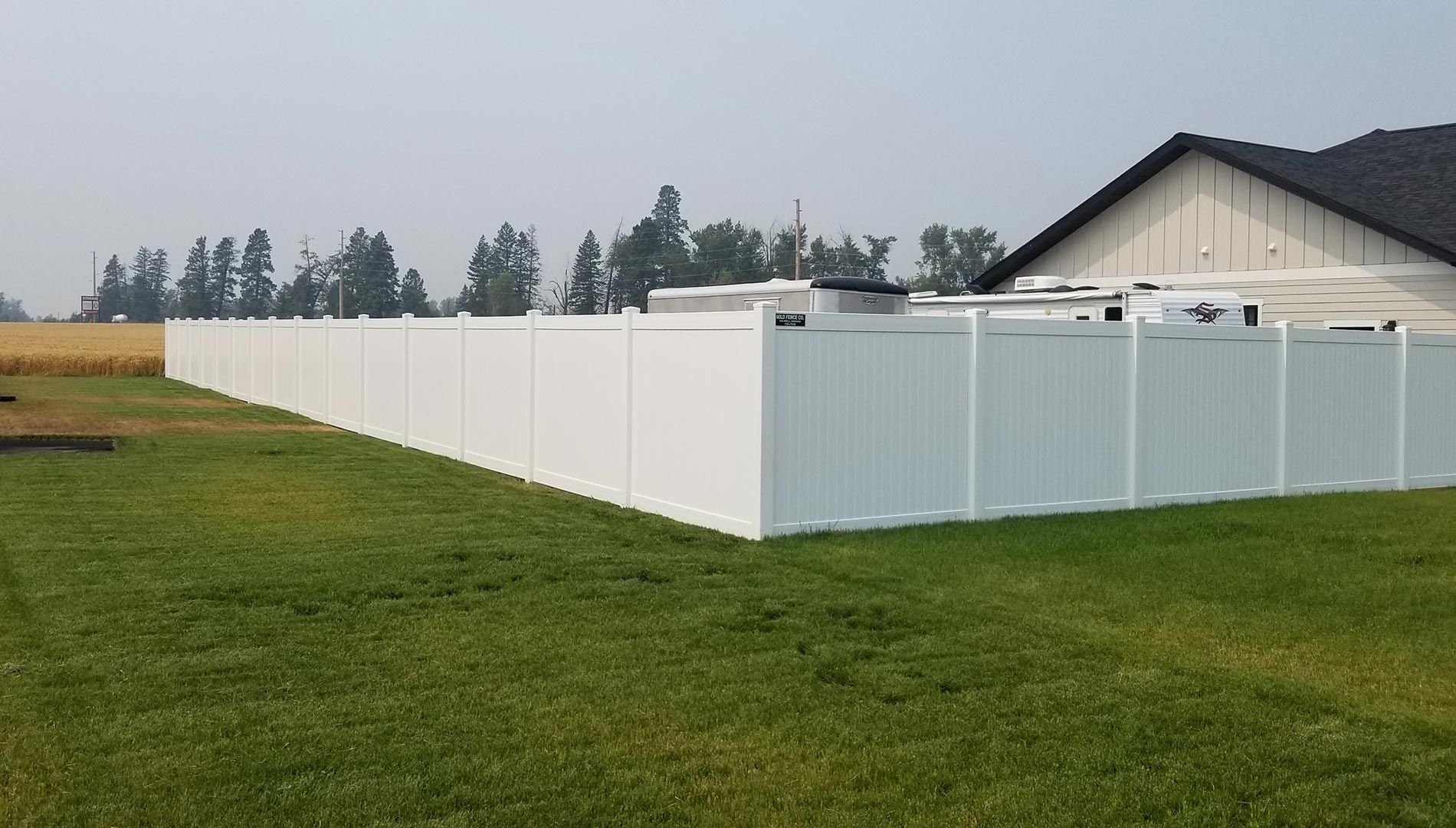You don’t need a professional to keep your fence in great shape. With the right equipment and some basic knowledge, you can easily handle common fence problems on your own. Here’s how to do basic fence maintenance yourself.
What You Need to Maintain Your Fence Yourself
Before you start fixing your fence, be sure to have the proper tools ready. Here’s a list of essential items for handling most DIY fence repairs:
- Hammer – For repairing loose nails or fixing broken boards
- Screwdriver – Great for tightening screws in wooden or metal fences.
- Post Level – Helps keep your fence posts straight and secure
- Paint or Stain – Helps protect wood from the elements and extend its lifespan
- Wire Cutters – Handy for trimming wire fences or cutting back overgrown plants
A Guide to Fixing Common Fence Issues
Steps to Fix a Loose Fence Board
If you notice a loose or damaged board, fixing it is relatively simple:
- Use a hammer or screwdriver to remove any loose nails or screws.
- Align the board with the fence and secure it with new screws or nails.
- If needed, reinforce the board with a corner bracket or additional support.
Sealing and Staining Wooden Fences
Sealing and staining your wooden fence is crucial for protection against the elements and preserving its appearance:
- Clean the fence thoroughly, removing dirt, debris, and any mildew.
- Select an appropriate stain or sealant that is intended for exterior applications.
- Use a brush or sprayer to apply the stain, starting from the top and working your way down.
- Let the stain dry fully before using the fence again.
Knowing Your Limits: When to Seek Help
Not all fence repairs are suitable for DIY. Simple tasks like tightening screws or replacing boards are easy to handle, but major issues may require professional help:
- Extensive structural damage, such as leaning posts or a sagging fence.
- Electric fences or high-security fences require specialized knowledge and should be handled by experts.
- When weather damage compromises the fence’s structure, it’s best to get professional assistance.
If you're unsure whether your repair is beyond your skill level, it's always better to call a pro. It can save you time, money, and potential frustration in the long run.
